The Web may look safe and harmless – but did you know that about 8 million households are affected by spyware? And that number is increasing each day, every year. Spyware, phishing, hacking, and fraud are only a few crimes that can be committed online [tweet me]. If you’re not the victim, you could unknowingly be a suspect.
But what constitutes cyber crime? And who can be charged with the offense?
What Is Cyber Crime?
In basic terms, illegal acts that are committed with the use of computers and/or through the Internet fall under cyber crime. The most common example would be hacking. It could also include internet marketing fraud, phishing (stealing private information such as data, credit card numbers, etc.), as well as sharing trade secrets.
Victims of cyber crimes are usually households; but it can also be government networks, small businesses, and corporations. Internet criminal activity requires a special kind of investigation, called computer forensics, in order to catch the culprit. Cyber crimes are highly sensitive matters due to the nature of available information. It’s not just financial data that can be stolen – your identity, corporate secrets, and other crucial content could be at stake.
Basis For Prosecution
As cyber crimes have a wide scope, law enforcers – particularly the FBI – utilize federal statures to determine the charges against an individual. A few of the frequently used ones are the following:
Interstate Communications Including Kidnapping, Threats, Ransom, Extortion
Communicating or transmitting information with the intention of threat, kidnapping, ransom, or extortion could be grounds for a charge on cyber crime. Threats may involve damage or injury to property, person, or association.
Theft of Trade Secrets
Attempting, conspiring, or knowingly stealing trade secrets for the benefit of someone else other than the owner. Buying, copying, concealment, or unauthorized possession of products and or services (as well as other things related to a commercial entity) can serve as basis for cyber crime punishment.
Fraud and Related Activity in Connection with Computers
Unauthorized access to computers (protected or not) with the intention of stealing information (in the form of restricted data, financial records, etc.) can be grounds for cyber crime. Even conspiring or attempting to do this act could earn you a charge.
Economic Espionage
This stature is somehow similar to Trade Secrets except for the intention that it should benefit a foreign government, agent, or instrumentality. Downloading, duplicating, stealing, obtaining, and/or converting of trade secrets is punishable by law.
How To Get Help
Your best bet is to consult an experienced cyber crime attorney. Early intervention is key to a successful case. Cyber crimes are complex; so be sure to seek counsel from lawyers who have represented similar cases – and won. If you have a highly complicated issue, the aid of cyber crime lawyers is still important to reduce or even dismiss your charges. As much as possible, get in touch with your attorney after your arrest. This will prevent your case from elevating to the grand court or jury.
Don’t let the darkness of cyberspace rule over you. If you live in California, call your Los Angeles criminal attorney today and ask for expert legal advice.


